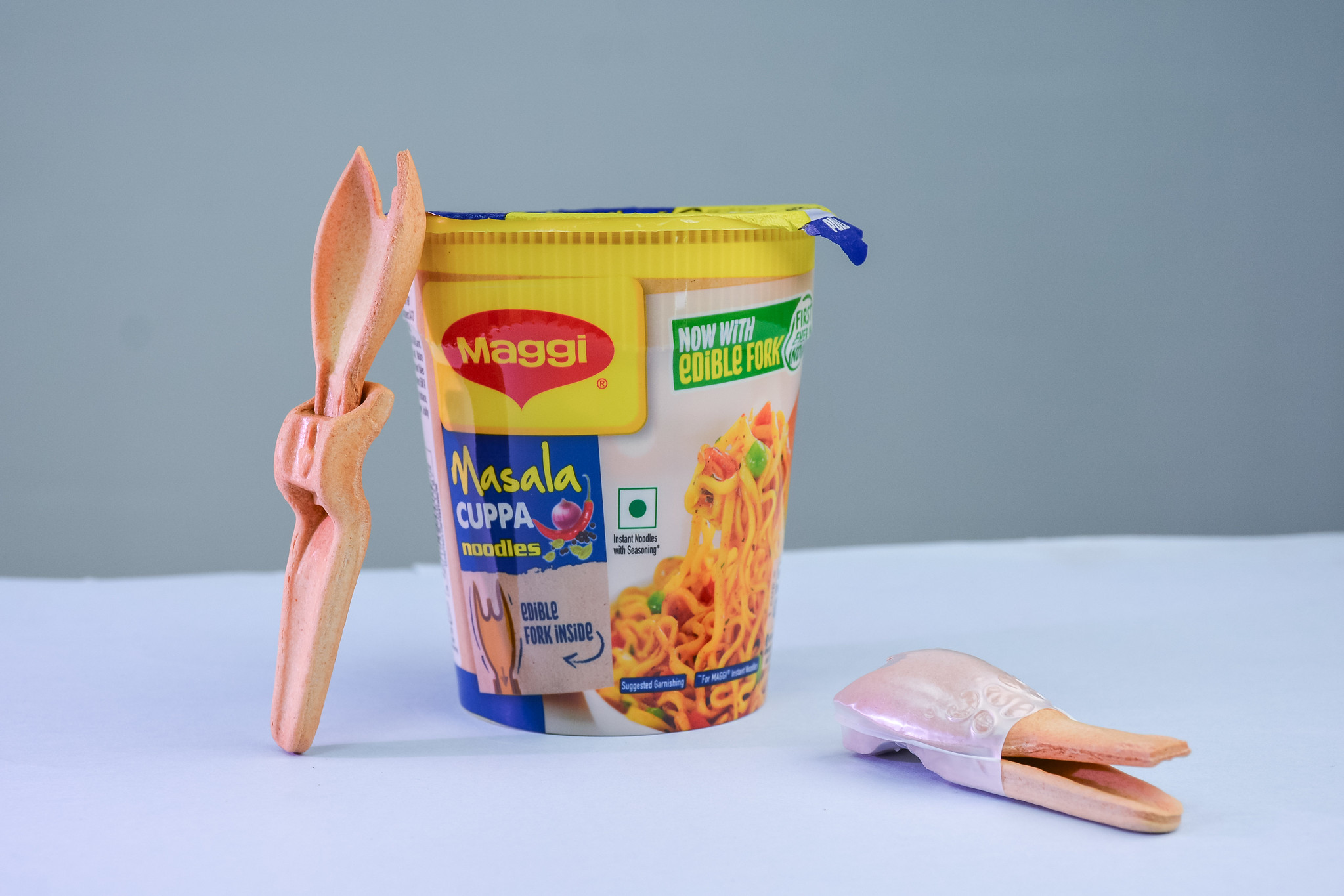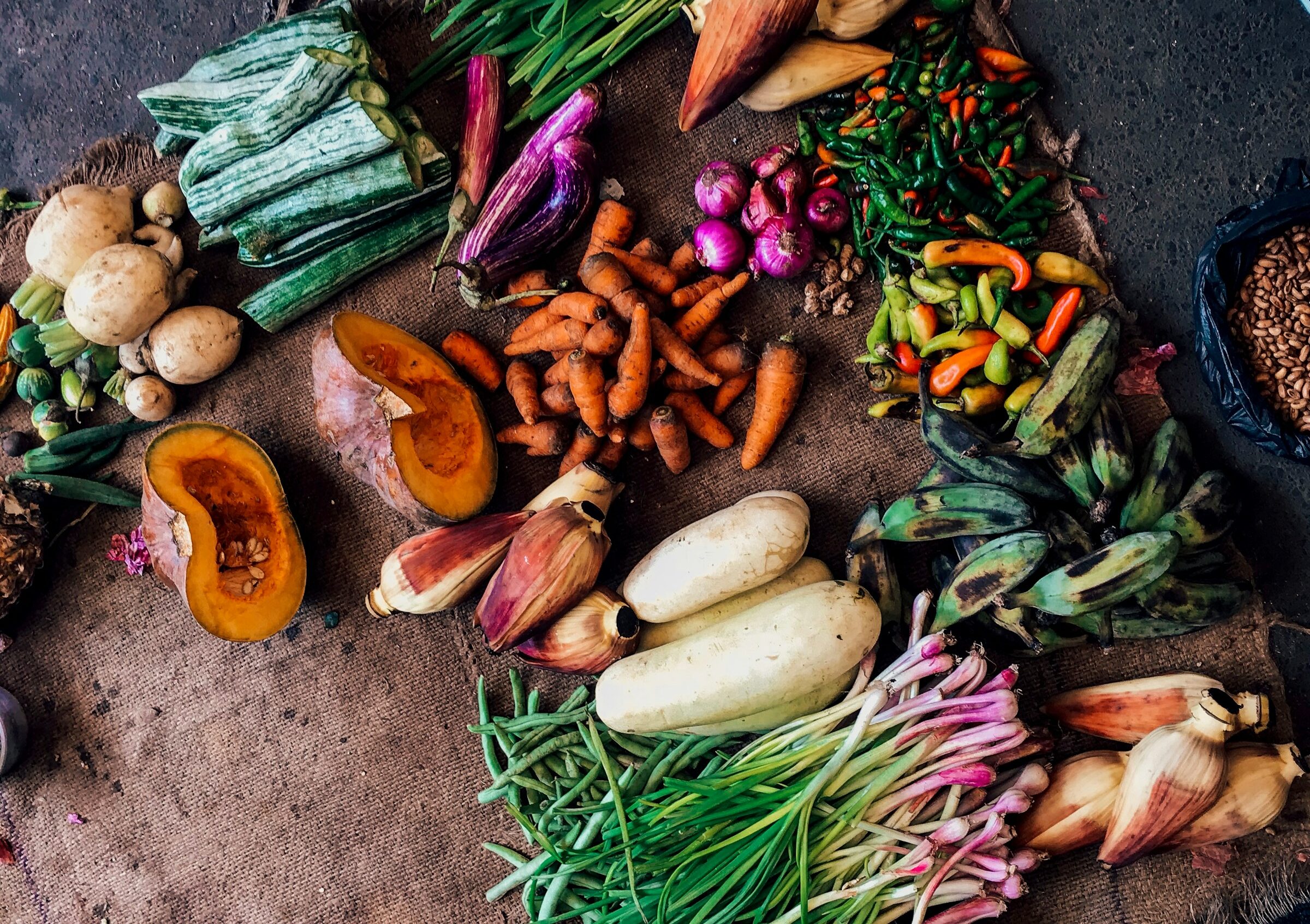The Center for Food Safety (CFS) thinks USDA’s rule allowing hydroponic produce growing operations to be certified organic is wrong, and filed suit saying as much.
The lawsuit was filed March 3 by CFS and a coalition of organic farms and stakeholders in U.S. District Court for the Northern District of California following USDA’s decision to allow hydroponic operations to be certified as organic. CFS argued the organic rule, which requires certified growers to build healthy soils, cannot be satisfied by hydroponic operations as their growing medium is water. The group argued hydroponic growers were in violation of the federal Organic Foods Production Act.
As part of the legal filing, CFS argued the National Organic Program was created by Congress to ensure uniform production and handling standards for organic foods across the nation. “In recognition that the sound management of biological diversity and soil fertility is one of the foundational principles of organic farming, Congress specified in OFPA that organic crop production must ‘foster soil fertility,’ and mandated that agricultural producers incorporate soil-based management practices as part of organic crop production,” the coalition said in the filing.
“Healthy soil is the foundation of organic farming,” said CFS executive director Andrew Kimbrell. “Organic farmers and consumers believe that the Organic label means not just growing food in soil but improving the fertility of that soil. USDA’s loophole for corporate hydroponics to be sold under the Organic label guts the very essence of ‘Organic’.”
CFS and the organic farmers argued healthy soil was a key in producing nutrient-rich foods, which could benefit both those who eat them and the environment. They noted building soil health was a critical aspect of ensuring climate resiliency, saying healthy soils serve as carbon sinks that can store and even reduce atmospheric carbon. “Healthy soil is critical to producing nutrient-dense foods that benefit both people and the environment,” said Paul Muller, one of the farm owners of plaintiff Full Belly Farm in Guinda, CA.
CFS and the organic farmers do not necessarily disagree with or hope to prevent hydroponic production. Rather, their issue came with the consumer perception surrounding organic labeling, which took some three decades to develop.
“While I welcome the work that my friends in the hydroponic industry are doing, hydroponic production does not conform to the soil-building precepts of organic farming,” said Jim Cochran, owner of Swanton Berry Farm, one of the oldest certified organic strawberry farms in California. “I would be perfectly happy to have my strawberries compete with properly distinguished hydroponically-grown strawberries, without the latter piggybacking on an organic label that has taken more than 30 years to develop and establish in the minds of consumers.”
Full Belly Farm and Swanton Berry Farm were just two of several organic farming operations, including Durst Organic Growers, Terra Firma Farm, Jacobs Farm del Cabo, and Long Wind Farm, listed among the co-plaintiffs. Additionally, organic certifier OneCert and the Maine Organic Farmers and Gardeners Association were listed as members of the suit.
CFS previously worked to promote organic causes with USDA. In 2016, the group closed a loophole permitting some organic operators to use pesticide-contaminate compost. Currently, CFS is challenging the rollback of standards for organic livestock care.









